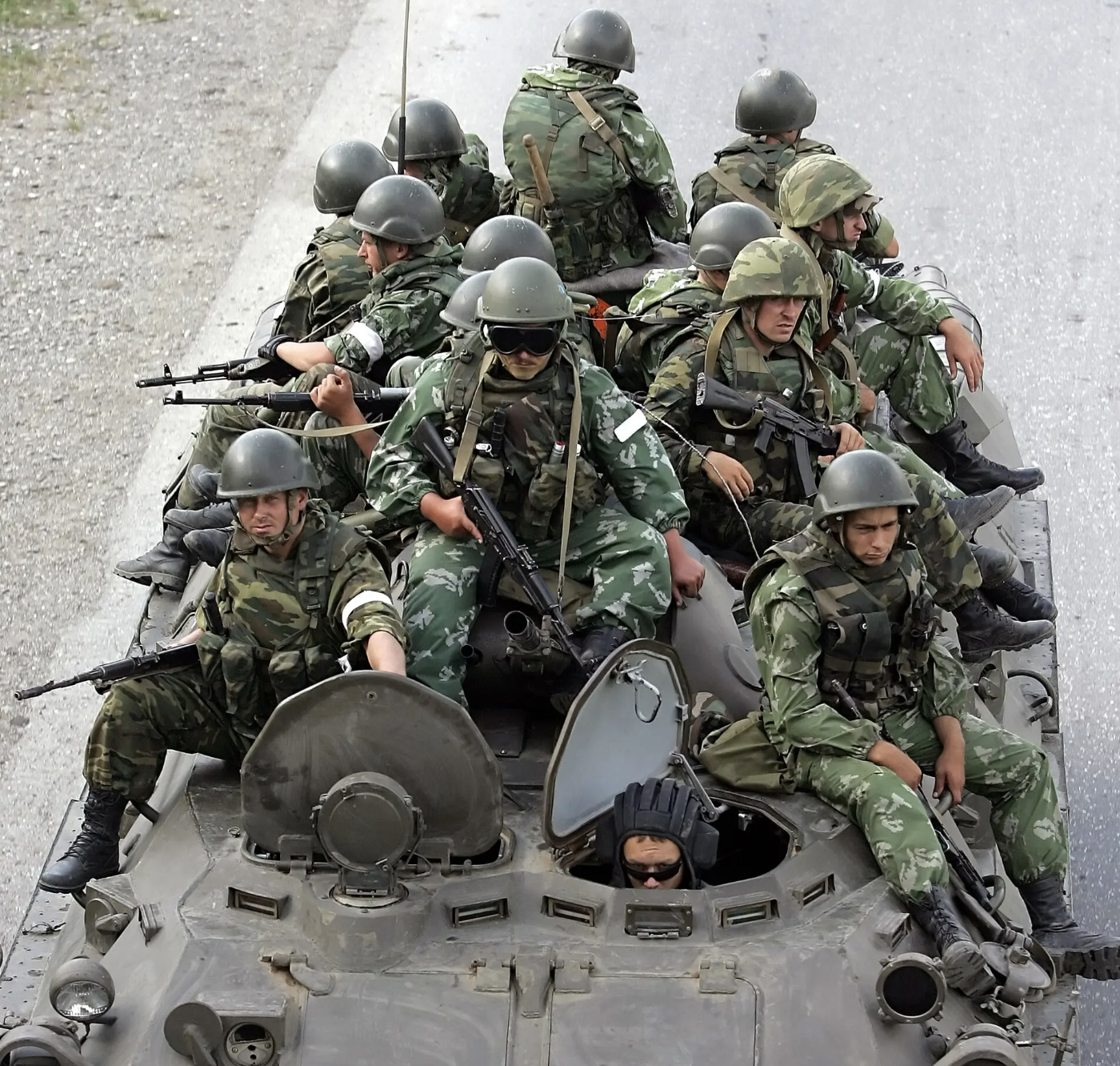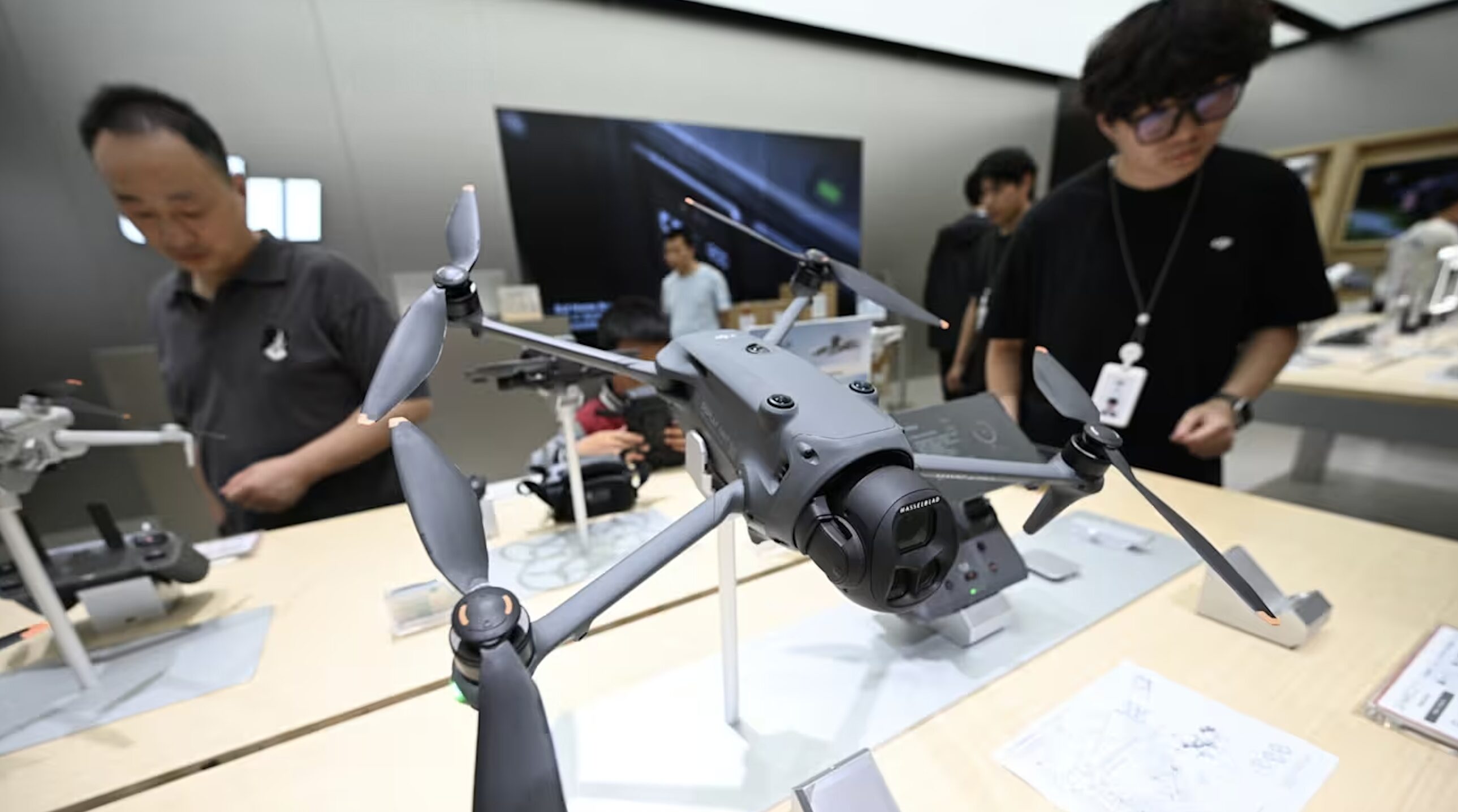There is no world leader today with a better track record when it comes to using military power than President Vladimir V. Putin of Russia. Whether against Georgia in 2008, Ukraine in 2014 or in Syria since 2015, the Russian military has repeatedly converted battlefield successes into political victories. Russia’s rearmament over the past decade and a half has been unmatched by a comparable increase in Western capabilities. So it is no surprise why Russia feels emboldened to use its military power while the West stands by.
Russia’s past three wars are textbook examples of how to use military force in limited ways to achieve political goals. The invasion of Georgia in 2008 lasted five days but forced that country into humiliating political concessions. In Ukraine in 2014, regular Russian military units were deployed at scale for a few weeks, but this proved enough to force Kyiv to sign a painful peace deal. When Russia intervened in Syria in 2015, some Western analysts predicted a disaster along the lines of the Soviet invasion of Afghanistan, which began in 1979 and ended, after a decade of quagmire, in retreat. Instead, Syria’s civil war served as a testing ground for Russia’s most advanced weaponry.
For the past decade, Americans have come to believe that Russia’s strength lies in hybrid tactics — cyberwarfare, misinformation campaigns, covert operations — and its ability to meddle in other countries’ domestic politics. Yet as we have searched for Russian phantoms behind every misinformed Facebook post, Russia has replaced the poorly equipped army it inherited from the Soviet Union with a modern fighting force, featuring everything from new missiles to advanced electronic warfare systems. Today the threat to Europe’s security is not hybrid warfare but hard power, visible in the cruise missiles that have struck across Ukraine.
“We are 50 percent-plus of global G.D.P.,” Jake Sullivan, President Biden’s national security adviser, argued recently, contrasting this to Russia’s unimpressive 3 percent share of the world’s economic output. However, economies don’t fight wars; militaries do. America’s economic power was tested when Mr. Biden threatened tough sanctions if Russia were to invade Ukraine; Mr. Putin did so anyway, betting that hard power would carry the day.
There’s still no doubt that America’s military has better trained troops and more capable systems in aggregate. However, what matters is not theoretical military matchups but the ability to use force for specific aims. Russia has developed precisely the capabilities needed to rebuild its influence in Eastern Europe. The United States, meanwhile, has watched its room for maneuver in the region steadily shrink, hemmed in by Russian antiaircraft systems and cyber- and electronic warfare threats.
Letting the military balance in Europe shift in Russia’s favor was a choice. The United States has itself partly to blame. Even after Russia’s first attacks on Ukraine in 2014, America’s reinforcements on the continent were only enough to slow the rate of improvement in Russia’s position. The Biden administration has presided over military spending cuts, after inflation is considered. America’s roughly $700 billion defense budget may look impressive, but Russia has the advantage of paying less for troops’ salaries and for domestically produced equipment. Adjusting for these differences, Russia’s defense budget has grown far more rapidly than America’s over the past two decades. European allies have even more to answer for: Germany and other European countries must wake up from the fantasy that peace is their birthright. They used to have serious fighting power. It is time to rebuild it.
It may be that, in trying to swallow all of Ukraine, Mr. Putin has finally overstepped. A long occupation of Ukraine would stretch Russia’s capabilities, especially because its military advantages will be less significant if the conflict shifts into Ukraine’s populous cities. However, we should not simply assume that Ukraine will become Mr. Putin’s Afghanistan or his Iraq because other leaders have made their own errors. Mr. Putin could simply choose to destroy Ukraine and leave the West to pick up the pieces. Such a dismembered, dysfunctional Ukraine could well suit his interests. Russia’s recent wars have been carefully calculated and limited in cost. There’s no guarantee that this conflict won’t be, too.
The U.S. strategy of making public intelligence about Russia’s military buildup around Ukraine was clever, but Mr. Putin has called our bluff. It was once popular to mock the Russian president for his 19th-century worldview, but his use of military power to bolster Russia’s influence has worked in the 21st century. The West’s assumption that the arc of history naturally bends in its direction is looking naïve. So, too, is the decision to let our military advantage slip. Soft power and economic influence are fine capabilities to have, but they cannot stop Russian armor as it rolls toward Kyiv.







